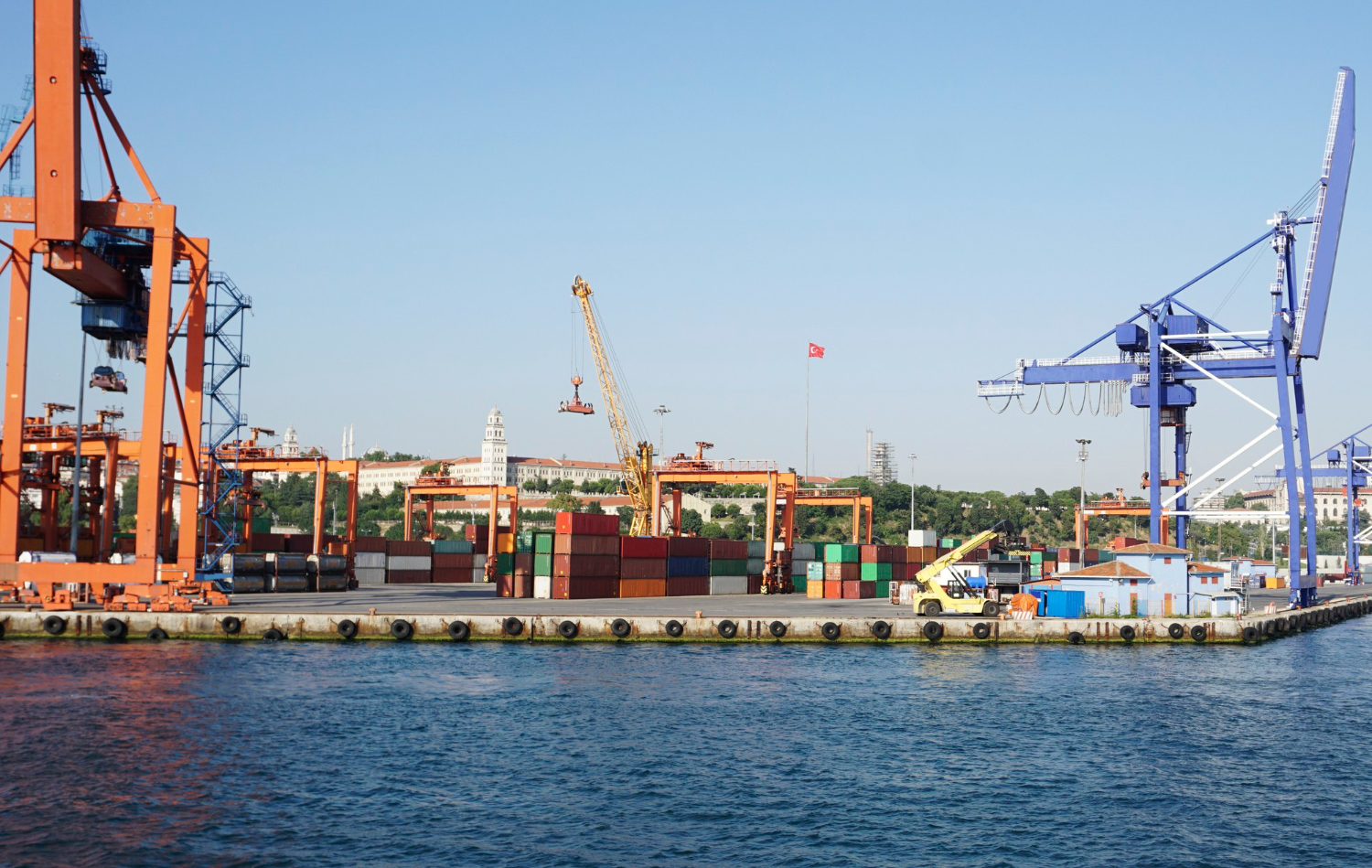How to Set Up a Free Trade Zone Business in Nigeria
Nigeria’s strategic position in West Africa, combined with its growing economy, makes it an attractive destination for businesses exploring free trade zone setup in Nigeria. Free trade zones (FTZs) are specially designated areas that encourage trade, manufacturing, and logistics activities with incentives like tax breaks, simplified customs procedures, and modern infrastructure. For local and international investors, understanding the process and advantages of setting up in a free trade zone is critical for maximizing returns and operational efficiency.
What Is a Free Trade Zone Setup in Nigeria?
A free trade zone setup in Nigeria involves establishing business operations within a designated FTZ, where companies benefit from simplified regulations, customs advantages, and fiscal incentives. These zones are designed to facilitate export-oriented manufacturing, processing, warehousing, and logistics. Nigeria currently has several FTZs, such as the Lagos Free Trade Zone, Olokola Free Trade Zone, and Calabar Free Trade Zone, offering investors ready-to-use facilities and business-friendly environments.
Benefits of Free Trade Zone Setup in Nigeria
Investing in a free trade zone in Nigeria comes with multiple advantages:
-
Tax Incentives – Companies operating in FTZs often enjoy exemptions from corporate income tax, import/export duties, and value-added tax (VAT).
-
Streamlined Customs Procedures – FTZs simplify import/export clearance, reducing delays and costs for businesses.
-
Access to Modern Infrastructure – FTZs provide reliable roads, electricity, water, and communication networks, enabling efficient operations.
-
Enhanced Logistics and Trade – Proximity to ports, airports, and major highways facilitates smooth domestic and international trade.
-
Regulatory Support – FTZ authorities assist investors with licenses, permits, and compliance, simplifying business setup.
Key Free Trade Zones in Nigeria
Several free trade zones in Nigeria are attracting significant investment:
-
Lagos Free Trade Zone (LFTZ): Located near Lagos port, it is ideal for manufacturing, warehousing, and logistics operations with international shipping access.
-
Olokola Free Trade Zone (OKFTZ): Situated between Lagos and Port Harcourt, it caters to energy-intensive industries and large-scale manufacturing.
-
Calabar Free Trade Zone (CFTZ): Supports agro-processing, light manufacturing, and export-oriented businesses with modern infrastructure and favorable incentives.
Steps to Establish a Free Trade Zone Setup in Nigeria
Setting up in a free trade zone requires careful planning and compliance:
-
Identify the Right Free Trade Zone – Choose a location that aligns with your industry, logistics needs, and operational scale.
-
Register Your Company – Complete business registration with the Corporate Affairs Commission (CAC) and FTZ authorities.
-
Obtain Required Licenses and Permits – Work with local authorities and FTZ management to secure permits for manufacturing, warehousing, or trading activities.
-
Develop or Lease Facilities – Depending on your requirements, you can lease existing infrastructure or construct facilities tailored to your operations.
-
Ensure Regulatory Compliance – Follow local labor, environmental, and safety regulations to maintain smooth operations.
Challenges of Free Trade Zone Setup in Nigeria
While FTZs offer many benefits, investors should be aware of potential challenges:
-
High Initial Capital Investment – Establishing operations may require significant upfront funding for infrastructure and equipment.
-
Regulatory Complexity – Understanding local laws, tax incentives, and permits can be time-consuming.
-
Infrastructure Gaps – Despite improvements, some FTZs may require additional investment in power, transport, or utilities.
How Wigmore Trading Supports
Wigmore Trading specializes in helping businesses navigate free trade zone setup in Nigeria. From identifying suitable zones to assisting with permits, licenses, and local partnerships, our team simplifies the entire process. We provide insights on optimal locations, regulatory compliance, and cost-effective solutions to ensure investors can start operations efficiently.
Practical Tips for Investors
-
Conduct thorough market research to select the FTZ that best fits your industry and operational needs.
-
Work with experienced consultants or firms like Wigmore Trading to navigate the regulatory landscape.
-
Plan for utilities and backup solutions to ensure uninterrupted operations.
-
Engage with FTZ authorities early to understand incentives and compliance requirements.
Conclusion
Free trade zone setup in Nigeria offers significant opportunities for businesses seeking cost-effective, export-oriented, and well-supported operational environments. With proper planning, location selection, and regulatory support, investors can leverage Nigeria’s FTZs to grow manufacturing, logistics, and trade operations efficiently. Wigmore Trading can help you identify the right free trade zone, handle all regulatory processes, and streamline your setup for maximum business impact. Contact Wigmore Trading today to begin your free trade zone journey in Nigeria.







Comments are closed.